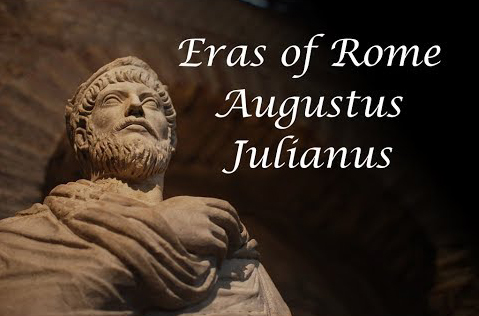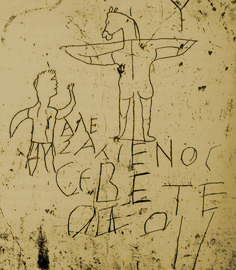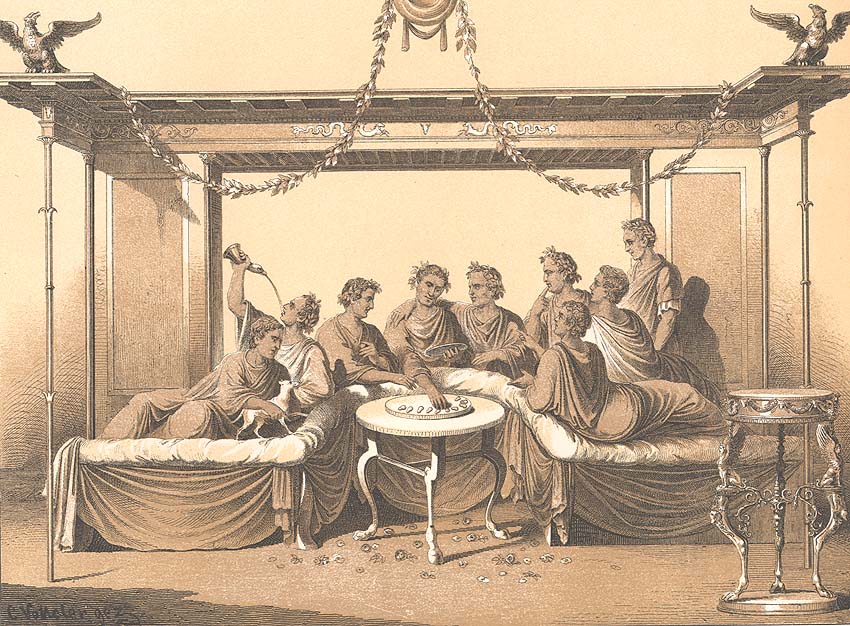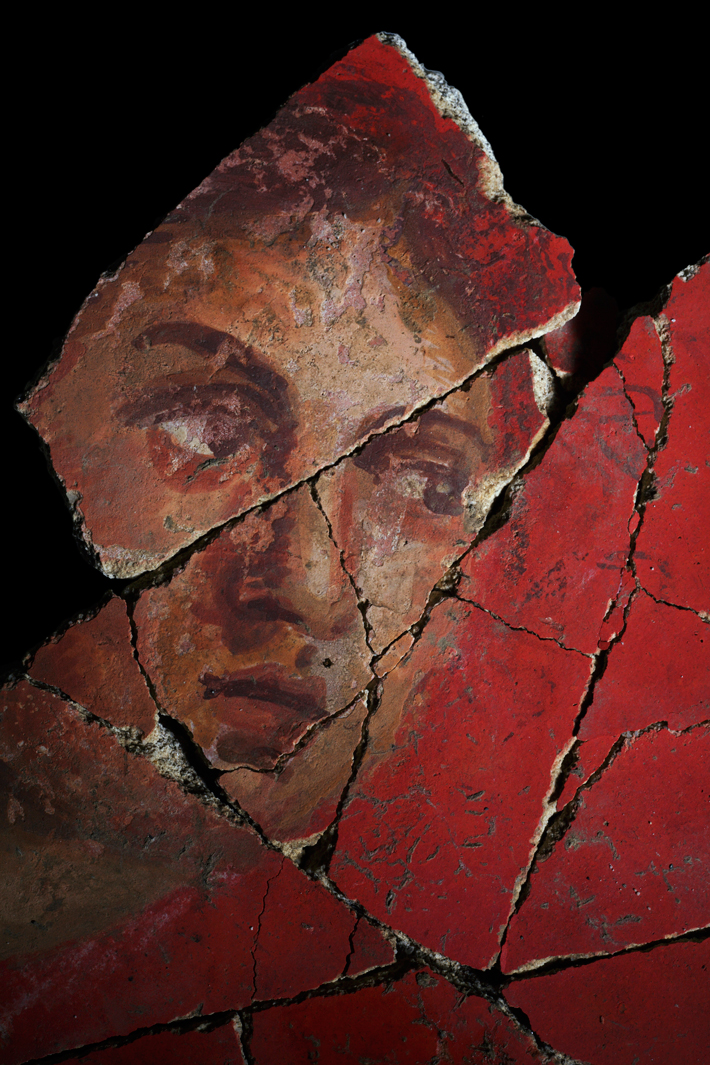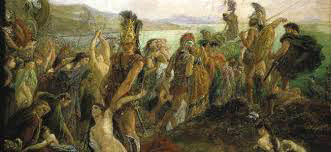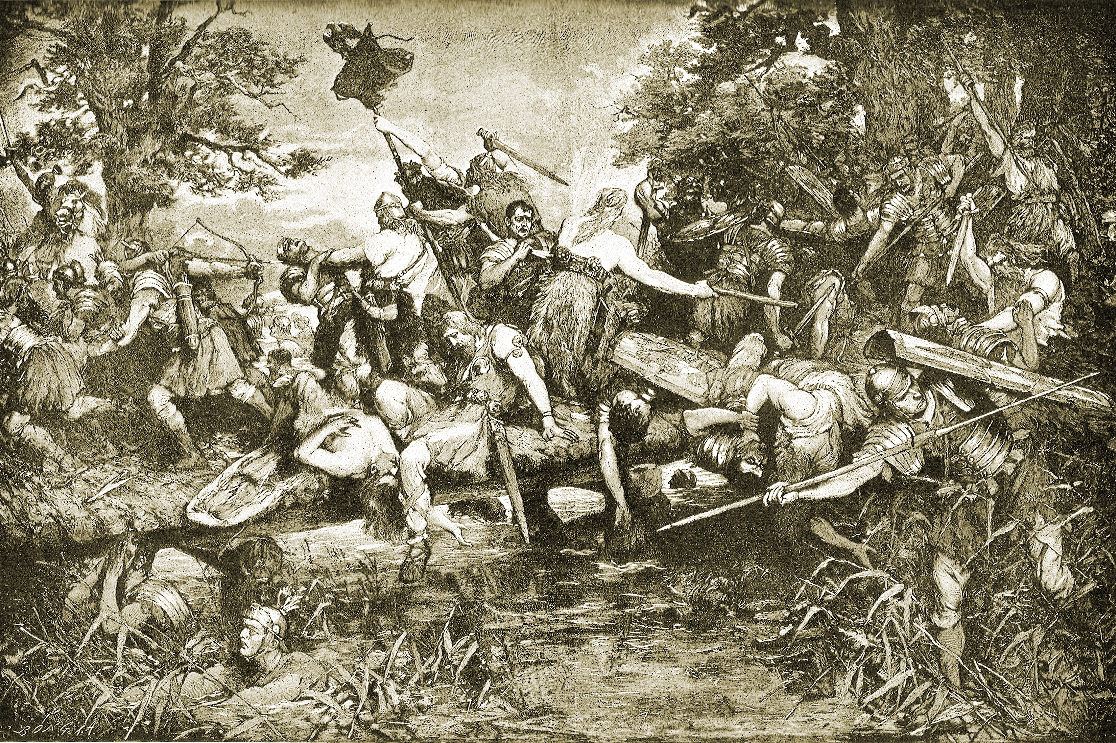Chapter VIII
The two great modern movements and tradition
Whenever justice is in danger, O Bharata, and
injustice is exalted, so I myself come back. For the
protection of the good, for the destruction of the wicked, and for
the establishment of a reign of justice, I am reborn from age to age.
Bhagawad-Gîta, IV, verses 7 and 8.
The difference in ‘style’, as well as in spirit, which separates the great collective demonstrations of Hitler’s faith under the Third Reich from the parallel expressions of Marxism in Russia (or China) and, even more so, from the orderless processions of the scruffy youths of the ‘New Left’, on the one hand, and the official parades of the liberal plutocracies, conceals a fundamental opposition in nature: the opposition between Tradition and Anti-tradition, to use the language of René Guénon or Evola.
I have tried to show that a visibly ‘political’ doctrine can sometimes serve as the basis of a religion, provided that it is associated with rituals, that is, with symbolism, and that it becomes an object of faith for all its adherents. But I recall that it can only serve as a foundation for a true religion if the propositions on which it is based are the expression of eternal truths, or are justified only in the light of such truths; in other words, are legitimately linked to Tradition.
A true religion is the set of beliefs and symbolic gestures—rites and customs, linked to these beliefs—which in a traditional civilisation give expression to the consciousness of the sacred. On the other hand, a traditional civilisation is, according to René Guénon, ‘that which rests on principles in the true sense of the word, that is to say, where the intellectual order dominates all the others, where everything proceeds from it directly or indirectly and, whether it is a question of sciences or social institutions, is, in the final analysis, nothing but contingent, secondary and subordinate applications of intellectual truths’.[1] And it is worth adding that what the sage means here by ‘purely intellectual truths’ and ‘intellectual order’ are the very laws of universal existence, manifest or unmanifest, and the permanent order behind all that passes: the eternal.
It is hardly necessary to point out that the ‘values’ and ‘truths’ nominally exalted in the civil solemnities of the western democracies—even in the secular education given to the youth—fit into a particular form of Tradition but don’t even possess, even as mere words, enough resonance to give rise to the outline of any powerful anti-traditional system—let alone a ‘false religion’, a religion based on a deliberate negation of Tradition: a counter-initiation. If an ever more relentless encroachment of technology brings the world of plutocracies and the world of communism so close together that one can, theoretically at least, say that there is nothing to choose between the two, there is, nevertheless, a difference between them. The world of the plutocracies—and their satellites—has no faith, and is not attached, and has not been for a long time, to any vision beyond the sensible and the transient.
If a few individuals or groups of individuals still possess a knowledge of the Eternal, they no longer have any influence over society as a whole; they remain silent, and wait, striving at most to remain faithful to themselves and recognise each other.
______ 卐 ______
The novel I have recommended most on this site is Julian by Gore Vidal. Those who have read it will recognise what Savitri says here on the last page of Julian.
______ 卐 ______
The masses are left to scatter in the grey of small daily worries and pleasures. They are not involved at all. On the other hand, all they have retained from the old faith of their churches is a veneer of conformity that is increasingly crumbling, and that anthropocentrism common to all teaching devised by Jews for Aryan consumption. The elites, or so-called elites, have, apart from a few individuals, hardly retained more.
The West lives on its gains but for how long?
Emptied of all will to power, refusing all risk, cursing all aggressiveness (except that which it deployed from 1939 to 1945 and beyond—in its efforts to ‘denazify’ Germany—against the only people and the only faith that could have led it into a prodigious recovery), it slips into comfortable decay, it gets stuck in a precarious welfare, becomes mechanised, Americanised, proletarianized until what it falls one day on its own, as a result of increasing infiltration of ideas and agents who are all the more effective for being more silent, under the dependence of the communist world, or that it becomes, by right of conquest, an integral part of it.
But, if it is true that while liberal democracy—with its superstitions of universal suffrage, of compulsory primary (and soon, secondary!) education, and of generalised vaccination, in other words, with its cult of equality and quantity—leads straight to Marxism, it is not Marxism. The decadence over which it presides is, to be sure, all pervaded by a distinctly anti-traditional spirit—all decadence is: this is its very essence. But it is a natural process, a sign of senility encouraged at most by certain conscious agents of the Dark Forces, working in a muted way in high places in the direction of anti-tradition. It is not linked to a systematic, long and coldly coordinated, and masterly directed effort of deliberate subversion of the traditional order, as is that which the zealots of Marxism have, if not provoked, at least accelerated in all the countries where they have taken power.
In other words there are between the so-called ‘free’ world—the elites and multitudes aspiring only to easy happiness and immediate success—and the communist world with its fiercely disciplined masses dominated by leaders (some of whom such as Lenin, Stalin or Mao-Tsé-Tong will leave an indelible mark on history), about the same analogy as between a man who lets himself live, without faith, without any impulse whatsoever beyond the realm of the senses, without participation in any rite, and a man who attends black masses.
This is the difference between the absence of any velocity of initiatory development, and real counter-initiation. And it is precisely for this reason that ‘the small margin of material freedom that the world of democracy still grants in some activities… to those who don’t allow themselves to be internally conditioned… would certainly disappear under a communist regime’.[2] A society without order is, of course, less intolerant in practice than a society built on a reverse order or one whose structure reflects true Order.
____________
[1] R. Guénon, Orient et Occident, p. 150.
[2] Julius Evola, Chevaucher le tigre.


